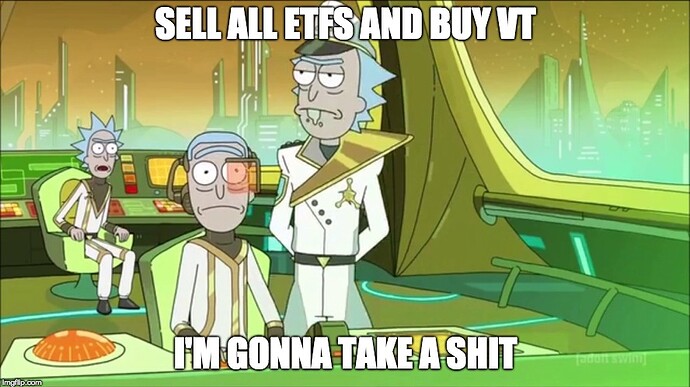I am also trying to invest a bit more sustainable, but I am trying to put on a balance the TER vs Sustainable score as well. For example, my portfolio (on paper) is looking like that now:
35% US ETF - 0.12% US - ESGV
35% Rest of the world - 0.15% US - VSGX
10% Swiss ETF - 0.10% CH - CHSPI
10% Bonds - 0.05% US - AGG
10% Focused ETFs - 0.50 % US - ICLN, CRBN, SDG, IRBO
The ESGV and VSGX are the Vanguard ETFs, screening out some industries. But it is not integrated with the ESG process, because I found those ETFs have the TER too high and I still could find issues with the companies in there…so until they fix the ESG integration I am not ready to pay the higher costs (like paying the high price to invest sustainable in Nestle…).
The CHSPI is not even screened out, but I find the UBS products way too expensive for only screening out some companies and still contains lots of companies I would not want to invest in. So, until I find an alternative, I will use the iShares product.
The AGG is low cost aggregated bonds, mostly in US, where there is a positive interest (still)…even I am still thinking if makes sense to invest anything in bonds now, when FED is turning back the QE, so maybe later on will reduce the interest rate…maybe I will just have the cash sitting around there.
The focused ETFs are more high priced, but only 10% from the investment, where I rotate some ideas I consider might be successful in the future, but with higher risks.
But, at the end, I would like to invest sustainable, but not just to pay a very high price to some ETFs labeled as sustainable, but containing lots of companies which I do not consider sustainable. Till the ESG integration process will be better, I will invest in lower cost ETFs which will only screen out some industries (even…only for screening out some industries…still charges quite a bit compared to the original ETFs…but at least low enough for me…).

 )
) sounds legit, as long as it’s only defense and no attack weapons, right?
sounds legit, as long as it’s only defense and no attack weapons, right? 